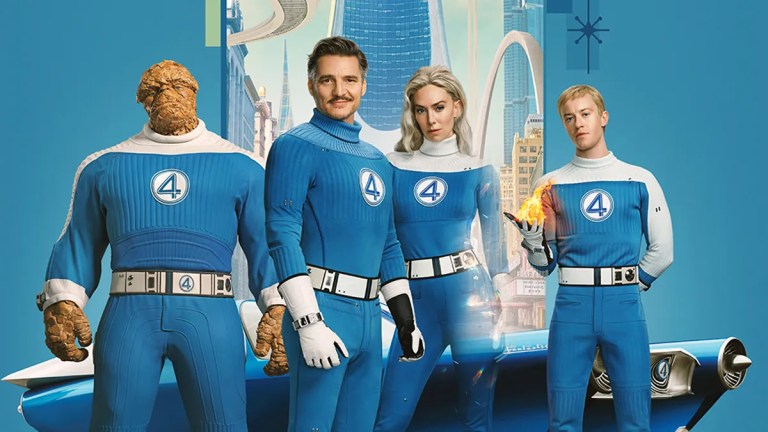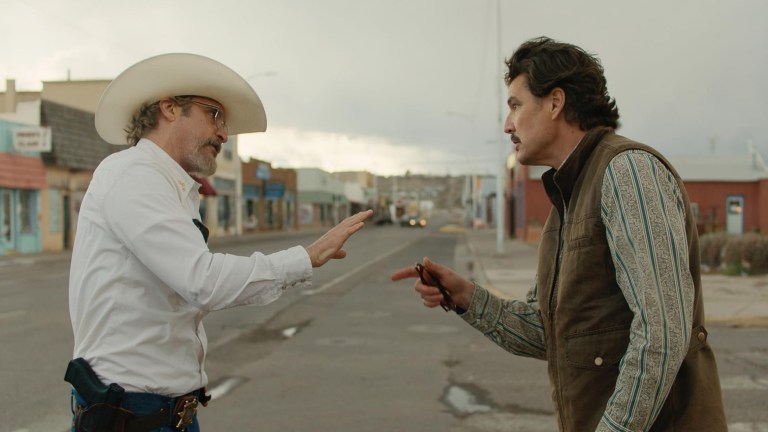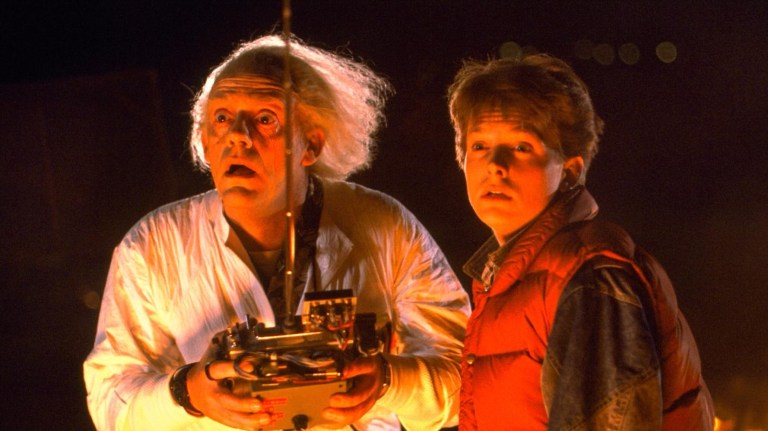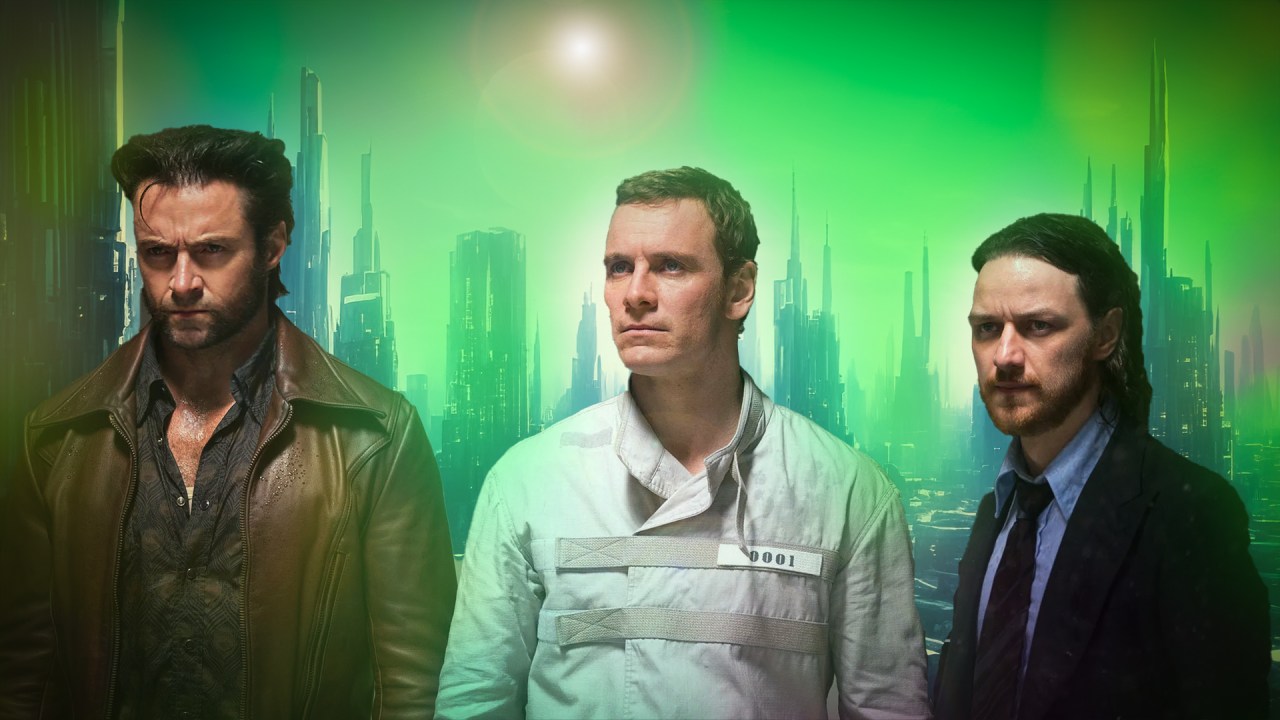
10 Years Ago, ‘X-Men: Days of Future Past’ Showed Other Comic Book Movies How to Solve Canonical Loopholes
10 years after X-Men: Days of Future Past came out, we look at the impact the superhero movie had on the genre.
In 2014, X-Men: Days of Future Past executed the time-travel and multiverse madness before any other comic book movie could–and showed how it’s an effective way to solve canonical problems.
On May 23, 2014, X-Men: Days of Future Past flexed its way into theaters. By the end of its theatrical run, it became the highest-grossing X-Men film (not named Deadpool), making $746 million worldwide from a budget of $200 million. But the numbers are the accounting department’s problem; what matters most is how the film connected with people, right? In terms of the media and fan reception, X-Men: Days of Future Past garnered a 90% critical approval rating and 91% audience score on Rotten Tomatoes. Not bad, especially considering how this superhero film proved to be ahead of its time and paved the way for other comic book movies to address canonical loopholes and different versions of characters.
Addressing the Wolverine-shaped elephant in the room
After the one-two head slap of X-Men: The Last Stand and X-Men Origins: Wolverine, there was no disputing the franchise needed revitalization and freshness. Yet, no one could have predicted the boldness of a full-on reboot like 2011’s X-Men: First Class, featuring an all-new cast and setting the action much earlier in the timeline. The critics and audiences responded positively to it, embracing the next generation of X-Men movies. However, the film didn’t do the business at the box office, becoming one of the lowest-grossing entries in the series by only making $352.6 million from a $160 million budget. So, what was the problem here? Simple: The lack of Hugh Jackman’s Wolverine, arguably the most popular X-Men character of them all.
While Logan makes a cameo in a memorable bar scene alongside James McAvoy’s Charles Xavier and Michael Fassbender’s Erik Lehnsherr, it’s more of a nice surprise than a selling point of the film. Due to him not being front and center of the marketing campaigns, it’s plausible to believe he wouldn’t play any role in the movie. Consequently, his fanbase chose to catch this film on DVD instead.
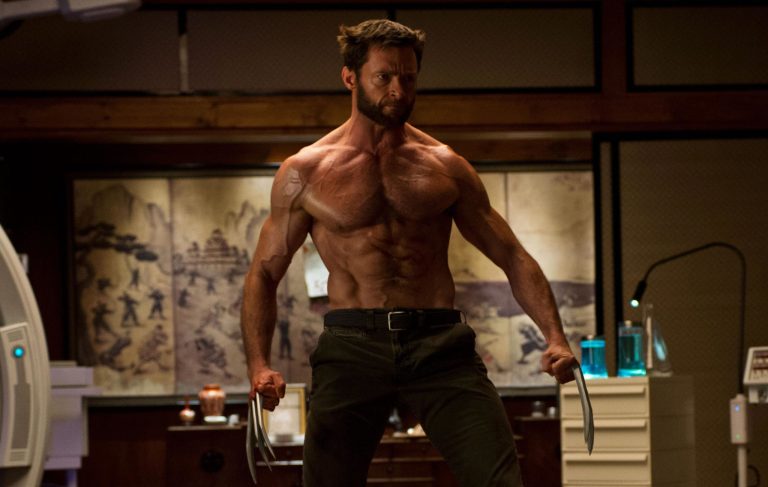
X-Men: Days of Future Past didn’t make the same mistake. It reinstated Jackman’s Wolverine as the lead of the film, even if it does go against the source material in the comics where Kitty Pryde is the time traveler and looked back to the past rather than the future of the franchise. One can’t argue the decision here, since the overwhelming success stands as validation. Also, thanks to Wolverine’s ageless quality – not due to his fabulous skincare routine but his healing factor – there was no need to retcon how he could look the same in the ’60s and in the modern era. At the end of the day, the series found a way to bring back its biggest star to usher in the next era and give the rub to the next group of X-Men actors, while leaving the door wide open for him to pop his claws in and out of the series as well.
Going back to the future to erase canonical loopholes
Before the Marvel Cinematic Universe (MCU), filmmakers weren’t as obsessed with canon as they are now. People would make decisions in a movie that would be reversed later on, and no one gave a hoot–apart from the fans, that is. By the time X-Men: Days of Future Past hit theaters, the MCU was in full swing and showcasing the importance of having cohesiveness and sensible logic between its interconnected movies.
Naturally, the producers of the X-Men films took note (especially of the mega-money that Marvel Studios practically printed with every film) and must have bemoaned the decisions of the past, such as the choice to kill Cyclops and Jean Grey in X-Men: The Last Stand and the muddled timelines created by X-Men Origins: Wolverine. They had a get-out-of-jail-free card, though, and this came in the form of X-Men: Days of Future Past. By sending Wolverine into the past to change the course of events, it would have a butterfly effect on the rest of the timeline. Resultantly, this wiped the slate of everything that came before and allowed for a fresh start moving forward in the X-Universe. Whether 20th Century Fox actually capitalized on this or not is another topic altogether; however, there’s no doubt that Disney’s acquisition of Fox significantly impacted the future of the franchise and what could have been.
‘X-Men: Days of Future Past’ inspired the multiversal madness
X-Men: Days of Future Past showed how multiple versions of characters can work on screen together, influencing other time-travel and multiverse-inspired superhero movies like Spider-Man: No Way Home and The Flash. The film operated both as fan service and closure, as it allowed for one last hurrah for a number of characters from the past and helped to pass the baton on to the next generation of actors to play the heroes and villains. At the same time, it also left a potential loophole open for the filmmakers to explore down the line. Let’s say the Disney-Fox acquisition never happened and Fox chose to revisit the original X-Men in the modern era – it could have happened, thanks to the events at the end of X-Men: Days of Future Past that left the 2000s X-Men alive in the future.
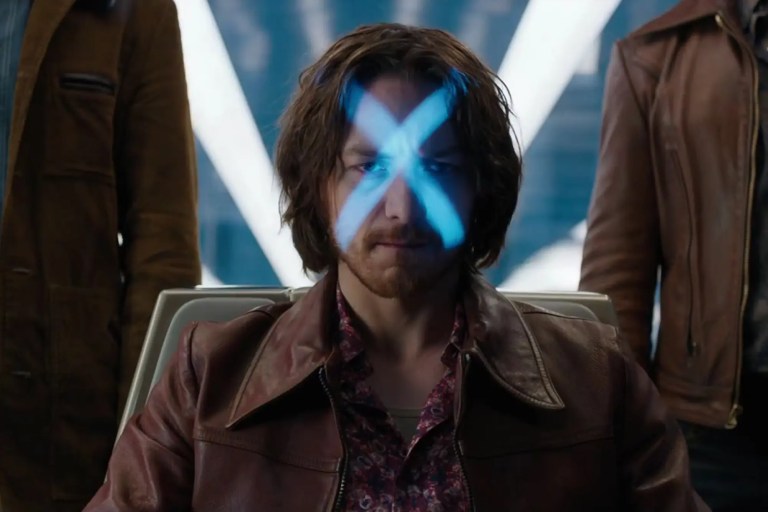
Surprisingly, 10 years later, X-Men: Days of Future Past is also one of the few superhero time-travel or multiverse movies to make sense and please the audience. Apart from Spider-Man: No Way Home, every other attempt to combine the past and present has largely flopped on screen – most notably The Flash. All the Andy Muschietti-directed movie had to do is follow the template created by Days of Future Past and reset the DC Universe entirely (since everyone knew it was coming anyway), but it didn’t and turned into a nothing burger. This only confirms how special X-Men: Days of Future Past actually is, and what a remarkable feat it was for the cast and crew to pull it off. It also shows how easy it is to correct canonical mishaps if there’s a desire. Like Professor Xavier said, “Just because someone stumbles and loses their way doesn’t mean they are lost forever.”

